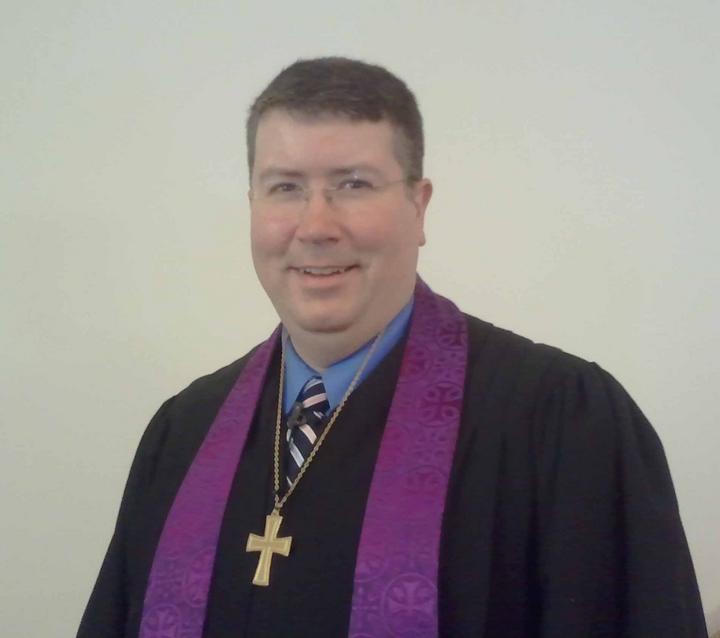Pastor's Corner
December 2025
What Do You Want for Christmas?
Several years ago, I had the opportunity to listen in on a conversation with Toppy McKean when he was asked the question, "What do you want for Christmas?" In response to what he said, I wrote this poem and shared it with the congregation. This summer, Toppy went home to be with the Lord. So, in honor and memory of him, I thought I would share this once again.
The last gift had been wrapped and placed under the tree.
Mom and dad were exhausted and down on one knee.
“Please,” they prayed, “let it be enough.”
To meet the demands of wanting more stuff.
The struggle was the same year after year
To outdo the neighbors whose opinions they did fear.
For soon the kids would talk and then they would boast
About whose parents had given the most.
After all, some would say, “Isn’t that what Christmas is about?”
Said with a mixture of uncertainty, and doubt.
“Or have we missed something along the way;
Have we forgotten the true meaning of this day?”
Alas, do not despair and do not grieve.
It is light that shines in the darkness and offers a reprieve.
For, in a small house on the outskirts of town,
There lives a man with insights profound.
He asks for very little but he offers so much.
He gives from the heart with just the right touch.
And when asked what he wanted for Christmas this year,
He thought for a moment and the answer was clear.
It wasn’t what we expected or what we were thinking of.
For, all he wanted for Christmas was love.
The answer was simple, the answer was right.
For it was the greatest gift given on that first Christmas night.
From out of heaven to earth did descend,
The Son of God, to bring our exile to an end.
He gave his life that we might live.
He took away our sin through his willingness to forgive.
So, when the packages are opened and the bellies are fed,
Take a moment to pause before heading off to bed.
Remember that no matter what is found under the tree
The greatest gift has been given to you and to me.
It is a gift that we can share come straight from above.
It is the only gift necessary. It is the gift of love.
From the Pastor.....
